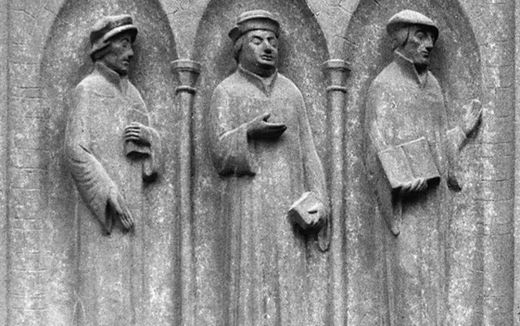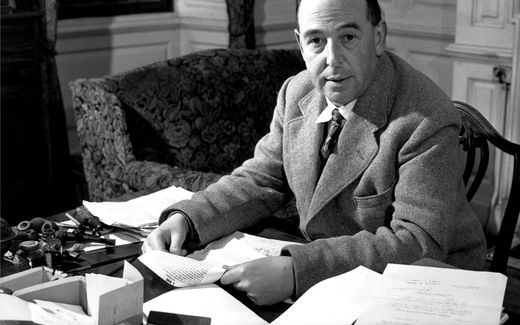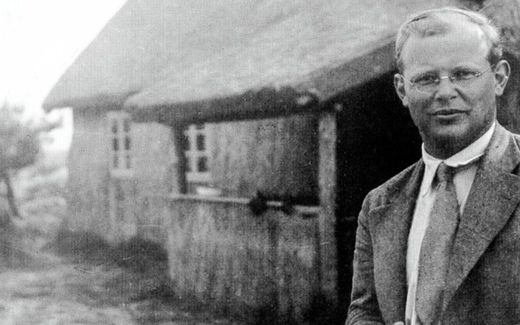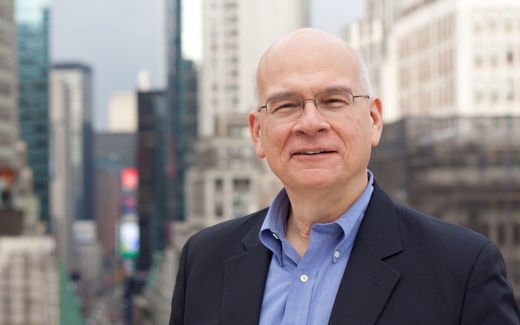Blaise Pascal bet on the existence of God
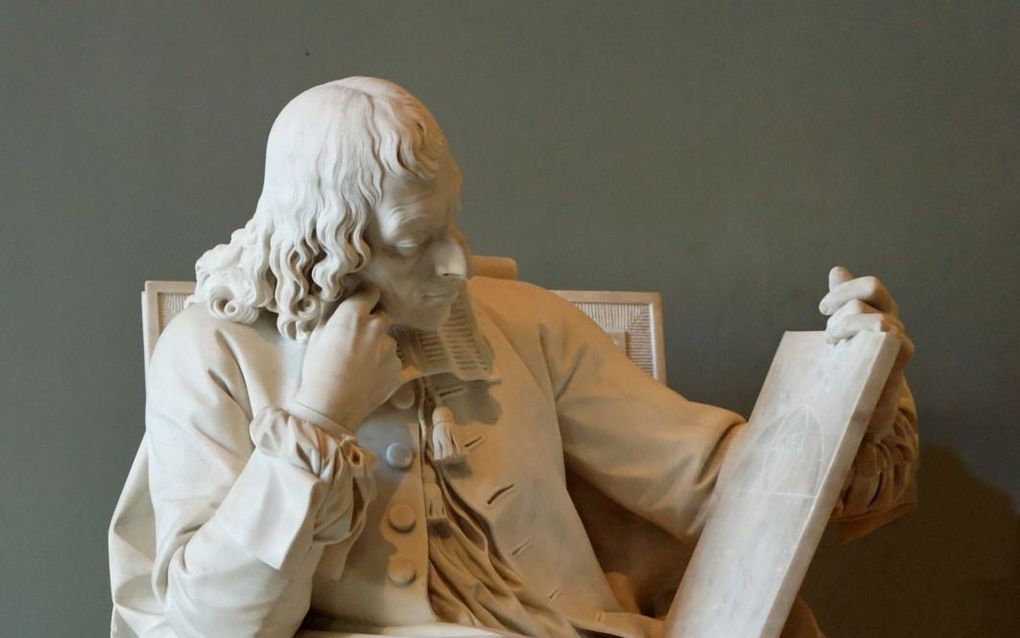
Statue of Blair Pascal. The philosopher is still relevant today. Photo Wikimedia Commons, Augustin Pajou/Jastrow
Christian Life
Blaise Pascal used maths to prove the existence of God. The well-known mathematician and physicist was born 400 years ago this week.
Pascal reasoned that believing in God is the best thing a man can do. Because if it is true, one will win everything. And if it is not true, one will lose nothing.
The simplicity of this argument is stunning, Cédric Villani, mathematician and honorary president of the Foundation Blaise Pascal, tells the Reformatorisch Dagblad. He is fascinated by the fact that Pascal used probability calculations in a religious context. "Don't think that Pascal is a mathematician on the one hand and a philosopher on the other hand. The exact sciences form the centre of his thinking and development", Villani stresses.
From calculator to syringe, Pascal invented them all
Blaise Pascal was born on June 19, 1623, in the French town of Clermont-Ferrand. He lost his mother at the age of three, Katholisch.de writes. Already at a young age, he showed exceptional interest in mathematics. In 1642, he announced his first invention: the calculator. After that, he delved into issues such as air pressure and vacuum and invented the syringe.
Even though his family was not very religious, this changed when they met the Dutch bishop Cornelius Jansen. After this encounter, Pascal's younger sister wanted to enter a religious order. Pascal himself started to see the continual pain in his legs as a sign from God. He decided to live a pious life. In 1654, Pascal is said to have experienced a mystical awakening. After that, he visited his sister in the convent even more regularly.
Pascal died at 39 years old on August 19, 1662.
In the French museum Roger-Quilliot, located in Pascal's birthplace Clermont-Ferrand, an exhibition on Pascal can be visited. It is open until October 15.
Pascal's thinking is still valuable, a former general secretary of the Dutch Protestant church (PKN), Dr Arjan Plaisier, argues in the Reformatorisch Dagblad. Plaisier calls Pascal's thinking deep and with a reach of rare originality. Plaisier wrote a PhD disseration about Pascal and Nietzsche.
The core of Pascal's apology for the Christian faith is a Bible text from the book of Isaiah, Plaisier points out: "Truly, you are a God who hides Himself, O God of Israel, the Saviour." Pascal concluded that God is not the conclusion of human reasoning but can be found in hidden places. "And when you find Him, He turns out to be a God Who touches you, fills you with joy, humility, trust and love", Pascal's well-known statement says.
Another famous saying of his reads that God is not a "God of philosophers and scholars, but the God of Abraham, Isaac and Jacob. He is the God of Jesus Christ and grants joy, peace and security. God is hidden in the Scriptures, in the human flesh and blood of the Saviour. There, He also reveals Himself."
Universe
Pascal also believed in the depravity of man. In his famous book “Pensées”, in English “Thoughts”, he writes that humans have a heart that knows about the emptiness of its existence, which God only can satisfy. Humans have an inbuilt realisation that they are tiny creatures in an enormous universe, he argues, as pointed out by historian Bart-Jan Spruyt in the Reformatorisch Dagblad.
Pascal calls these inner convictions “remnants of the glorious state of Adam.” These remnants result in a restless desire for God, Pascal reasons. However, he also points out that man cannot heal his wrong orientation but that this can only happen through the grace of God. By nature, man always attempts to ignore this knowledge by fleeing into amusement and other things.
When Spruyt read these passages with some students, he was surprised that they understood the texts so wonderfully well, “in this time of internet, social media and Netflix.”
Disappearing God
Pascal's reasoning is still relevant, even in this time of secularisation, Arjan Plaisier stresses in his article. First, Pascal unravels the emptiness of rationalism, which only believes in what can be understood. This rationalism makes God disappear from society.
Secondly, Pascal emphasises that humans are not only physical beings. He argues that there is also a supernatural dimension from which spiritual questions arise.
According to Pascal, it is dangerous if someone ignores his eternal destination. He points out that this leads to eternal death. This happens on a large scale nowadays, Plaisier warns. He points out that it becomes more and more important to listen to Pascal, who says that it is important to serve God in daily life and to live up to what we were destined to do: praise, love and worship God and love our neighbours.
Related Articles


